Are We Living in The Handmaid’s Tale?
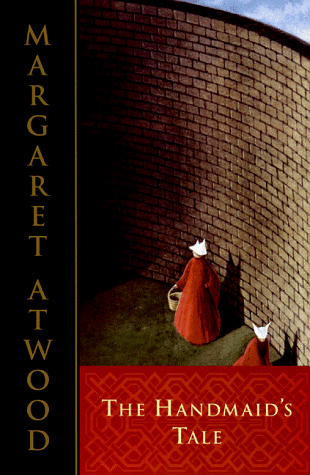
Margaret Atwood’s 1985 dystopian novel The Handmaid’s Tale remains as relevant as ever, and the tale continues to gain new followers thanks to a sequel book, The Testaments, and, of course, the popular television series.
The Handmaid’s Tale is written through the perspective of Offred, a handmaid living in Gilead. Offred is constantly moved around until she finds a high-power family for whom she can have a baby. The book follows Offred’s and other handmaids’ experiences, as well as their lives before the collapse of the government, which led to their society.
Atwood’s writing calls readers to think about the similarities between her book and the real world. The novel outlines a society in which outraged citizens overthrow the government to form the city of Gilead. The January 6 attacks on the Capitol were also rebellious acts against the government in an attempt to showcase supposedly superior ideas to the rest of the world.
The radical, far-off society that Atwood describes is so disturbing that people may take comfort in the fact that it is not too similar to ours. However, after looking closely, readers may worry that this is the direction our country is headed in.
Despite her elaborate descriptions, Atwood leaves many aspects of the book ambiguous to readers. For example, Atwood never explicitly states what leads to the establishment of Gilead. Leaving aspects of the plot up for interpretation leaves room for readers to relate the story to current times regardless of the time period.
In The Handmaid’s Tale, citizens are constantly discriminated against for things that are out of their control, whether that be their gender, their sexual orientation, or their economic status. However, race is not mentioned in the story. The absence of racism makes it harder to relate Gilead to our lives. Still, the way that people are treated in The Handmaid’s Tale does mirror racist incidents in our society. For example, during their training, one of the handmaids asks a simple question about the beliefs of Gilead and is met with violence.
Atwood’s iconic feminist novel compels women to appreciate how far their efforts toward gender equality have come, but also to recognize how far they have to go. In Gilead, women are not permitted to read, write, or even have conversations with men above their status. While equal education between genders is less of an issue in our society, women are still significantly underrepresented in positions of power and status and also are paid less than men for working the same jobs. In September 2020, The National Partnership for Women and Families calculated that women were still making $0.82 for every dollar a man makes. The gender pay gap often makes people question the importance of having equal education if equal opportunities are not given.
Handmaids are also forced to bear children for their commanders against their wishes. In past years, the judicial system has made it increasingly difficult for women to have abortions. While Roe v Wade is still in place, having a majority of conservative justices on the U.S. Supreme Court puts that right at risk. After Ruth Bader Ginsburg’s passing, women across the United States have grown concerned about their rights being in jeopardy. The appointment of Amy Coney Barrett increased this fear.
Even with Roe v Wade in place, many states have implemented laws that have made it progressively harder for women to have abortions. While these laws cannot entirely prohibit the right to abortion, they give women fewer options and enforce a longer waiting period, making the procedure riskier.
Men continue to dictate what happens to women’s bodies. This unfortunate reality is especially prevalent in cases of workplace harassment in which women are afraid to speak out due to fear of their reputation being tarnished and their career options reduced. In 2017, women began sharing their stories, and the mentality that nobody should be kept silent grew with the #MeToo movement.
A Harvey Weinstein accuser explained the fear behind speaking out against powerful men. “He drags your name through the mud, and he’ll come after you hard with his legal team.”
Atwood’s writing has the power to make us feel fortunate and proud of the place we are in, but wary of where we could end up. With the violence and unsettling nature of government today, along with the continuous impinging on women’s and human rights, The Handmaid’s Tale is a must-read for all.

Eliza Lampert (’24) is a senior at Latin and is overjoyed to serve as one of this year’s Editors-in-Chief. During her time writing for The Forum, she...


































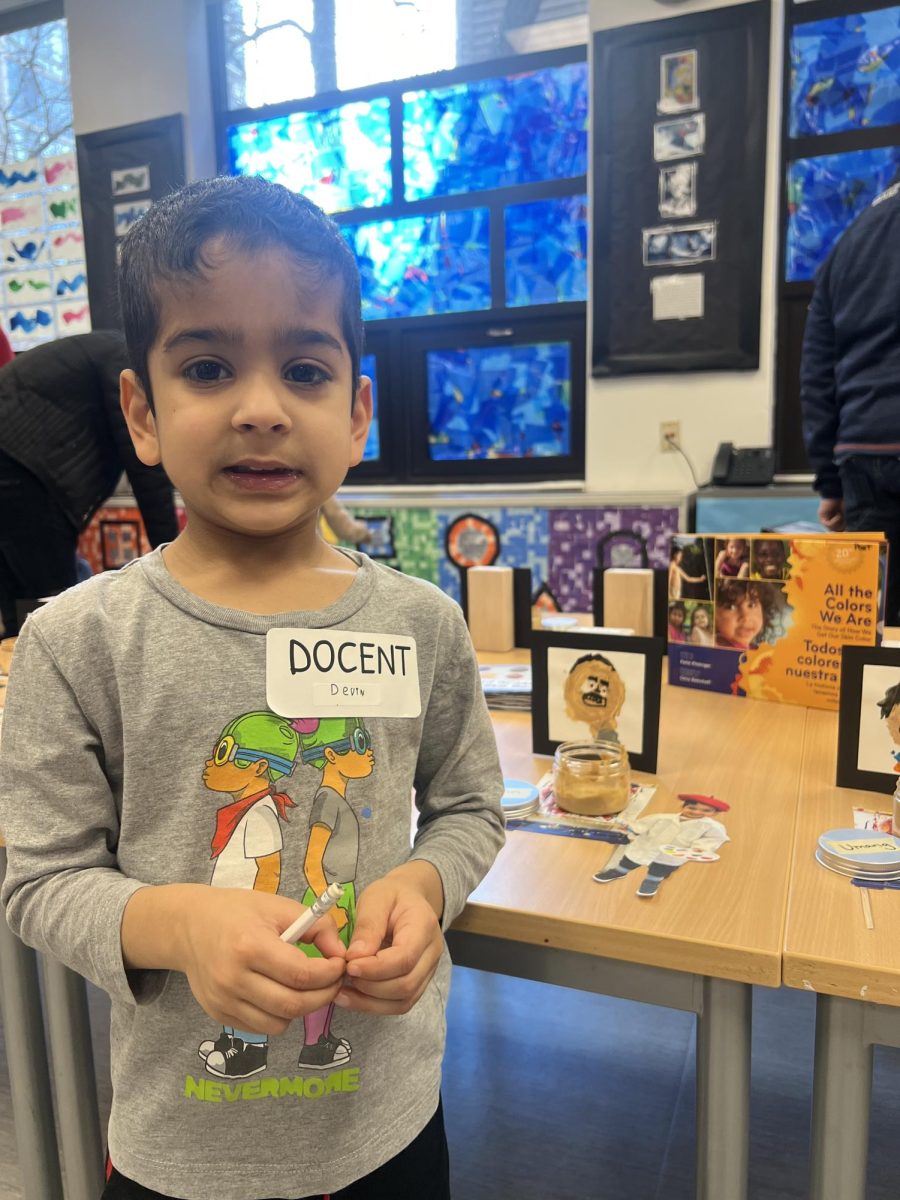
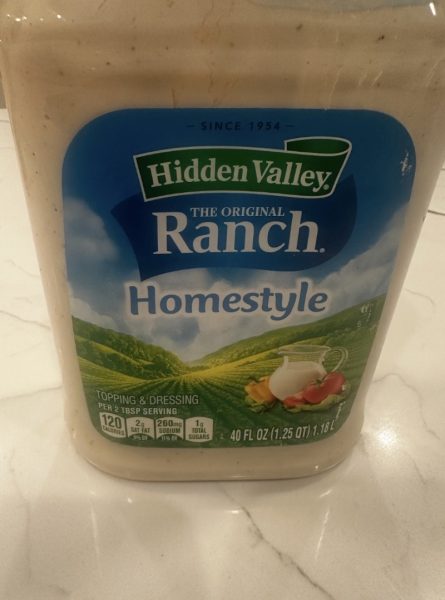


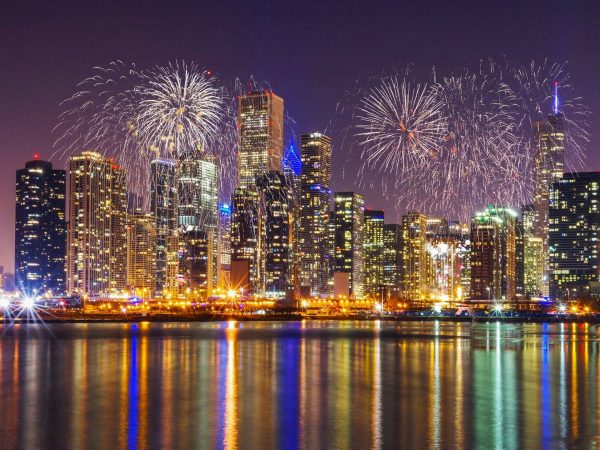



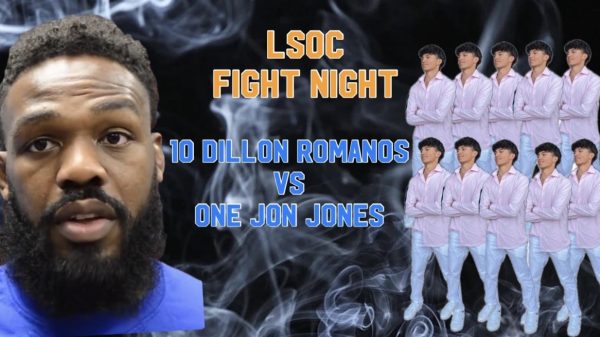
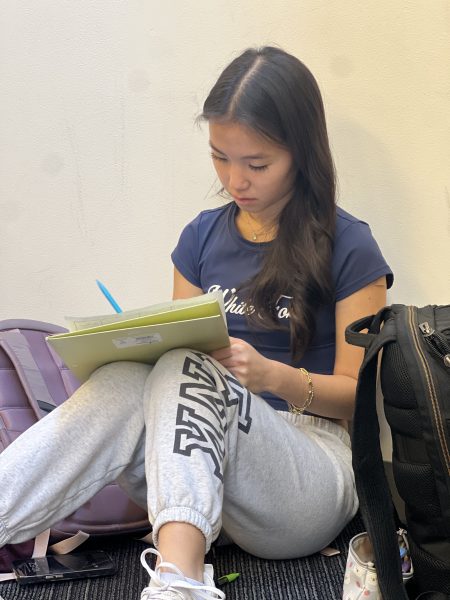
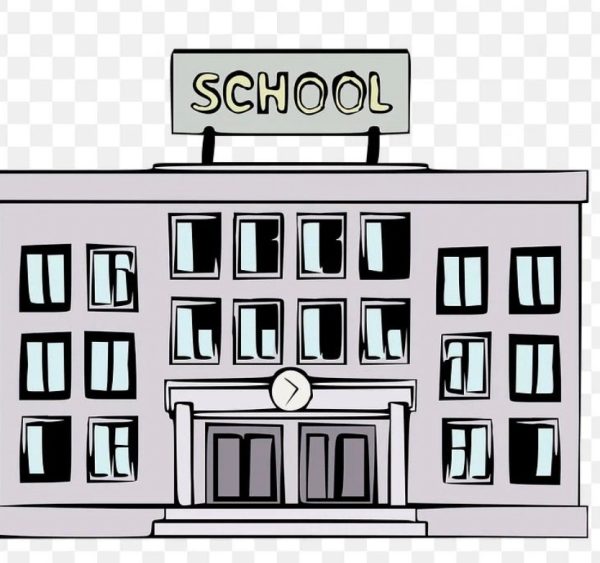

Taylor Hurt • Jan 17, 2021 at 9:09 am
Excellent writing Eliza!!
Marshall • Jan 15, 2021 at 3:30 pm
Excellent Job, Eliza. Life imitates art in unique ways. Your article is very thought-provoking in these turbulent times. Keep up the good work.
Naomi Altman • Jan 15, 2021 at 2:42 pm
Great article, Eliza!